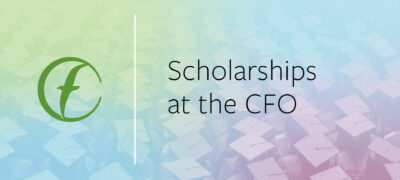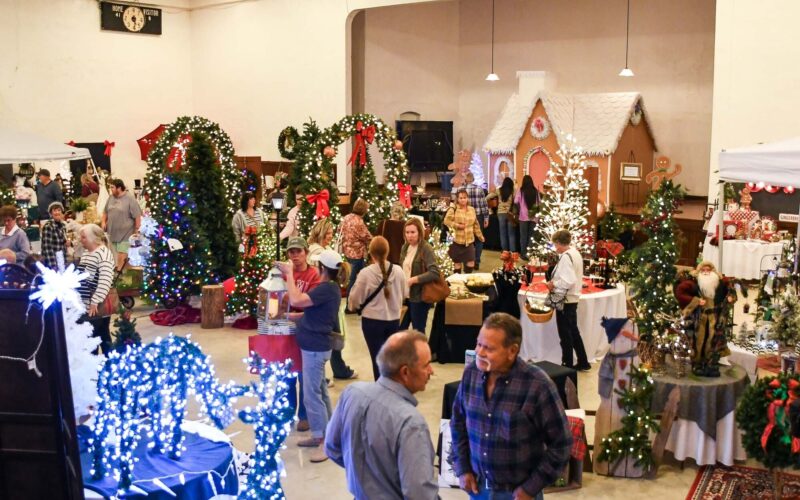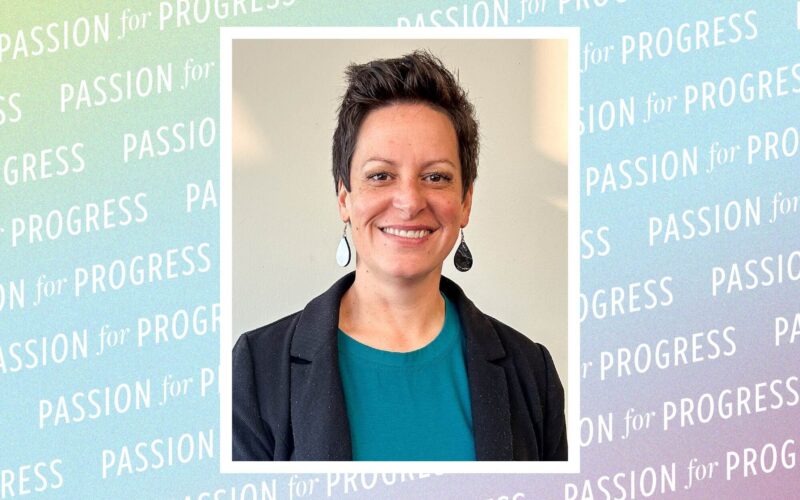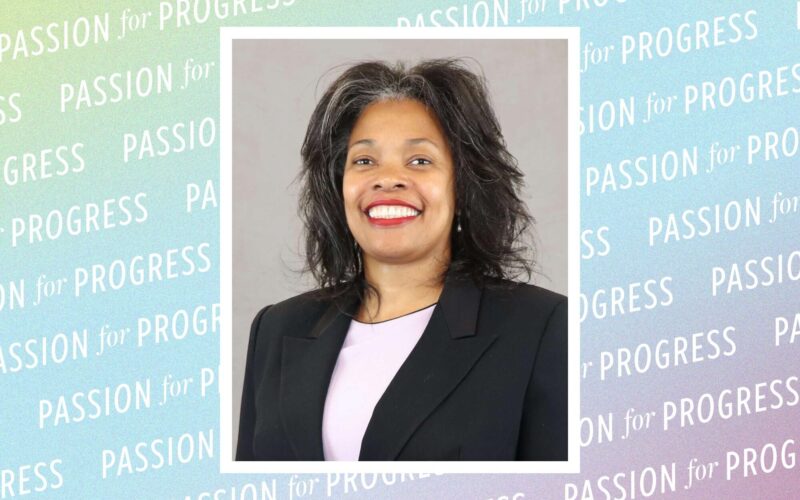BY BRIAN FOGLE, PRESIDENT & CEO
On the road to recovery, let’s dance
Best I can tell from my own vantage point, the past 13 or so months have been good for two things: reading and walking. I’ve done more than my share of both, or at least more than I did pre-pandemic.
On my walks, my regular path takes me down one busy street for a few blocks. I’ve found it fascinating to watch the cars go by, and try and see the driver and passenger faces as they pass, hopefully giving me a hint at the changing sentiments over the past year. Some look ahead as if in another world. More than I care to say go by with their heads down, and I presume, looking at their phones.
Occasionally, I’ll see a car go by with the occupants dancing. Without exception, those drivers and passengers always have a smile … usually a big smile. You can see the sheer joy as the travel past. As physician and author Oliver Sacks observed: “We humans are a musical species no less than a linguistic one.” I cannot help but contrast the facial expressions of those, head down, scrolling through their phones, with the ones dancing to the music.
Which brings me to the reading part of the pandemic. I just finished “We Need to Hang Out” by Billy Baker. As a reporter for The Boston Globe, Baker was asked to do an article on loneliness … more specifically, male loneliness. He noted even before the pandemic, a nationwide study showed that six out of 10 Americans experienced significant loneliness, a rate that has doubled since the ‘80s. A report from the Centers for Disease Control and Prevention called it a “public health threat,” with adverse health implications.
“On a fundamental level,” the Globe’s Baker writes, “the more things become automated, the less we will understand one another … because we will spend less time actually talking to one another. Already, we do our shopping online and to go the cinema on our couch, and order food on an app. Hell, we even shop for romantic partners online.”
For one of his assignments to compare and contrast male friendship with female friendship, he signed up for a New Kids on the Block reunion cruise. (Surely, you remember NKOTB? “Step by Step” and “You’ve Got It (The Right Stuff)”?) Not surprisingly, he was one of a very few males on the ship. One thing he noticed about the female crowd was the dancing … “They danced waiting for drinks at the bar. They danced while loading their plates at the buffet. They danced each night at the pool party.”
Over 100 years ago, French sociologist Émile Durkheim called this “collective effervescence,” to describe the “sacred” that “manifests an amplified, excited reaction made possible when a group of people experience something emotional together.” Turns out we are social as well as musical and linguistic.
As more people get vaccinated, and COVID-19 cases continue to decline, I can see the green shoots of normalcy returning in the not-too-distant future. As we transition back from our virtual worlds, I hope it’s with a new perspective of our need for others, and how much we miss a hug, a crowded theater, and laughter among friends in a night out. If we truly want to recover from a pandemic — mind, body, and soul — we should scroll less, and dance more.
Brian Fogle is the president and CEO of the Community Foundation of the Ozarks.



